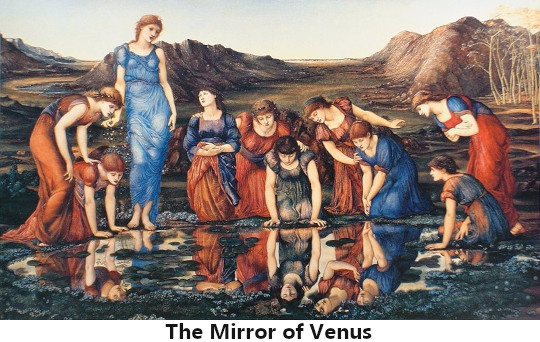Marie Curie? Pierre Curie? Ève Curie? Marie Mattingly Meloney? Apocryphal?
Question for Quote Investigator: Gossip about people is extraordinarily popular. A famous scientist once criticized this attitude as follows:
In science, we must be interested in things, not in persons.
This statement has been attributed three members of a renowned French family: Marie Curie, Pierre Curie, and Ève Curie. Would you please explore this topic?
Reply from Quote Investigator: In 1923 Marie Curie published a biography of her husband Pierre Curie who had died in 1906. An English translation appeared in the same year. The introduction was penned by journalist Marie Mattingly Meloney who attributed the quotation to Marie Curie. Boldface added to excerpts by QI:1
It is with much hesitancy that I venture to write a preface to this book. She once chided me, in her gentle way, for an article in which I had stated facts with some feeling—although the facts praised her. “In science,” she said, “we should be interested in things, not persons.”
Interestingly, Marie Curie attributed the notion under examination to Pierre Curie within the pages of the biography:2
In his scientific relations he showed no sharpness, and did not permit himself to be influenced by considerations of personal credit or by personal sentiments. Every beautiful success gave him pleasure, even if achieved in a domain where he felt himself to have priority.
He said: “What does it matter if I have not published such and such investigations, if another has published them?” For he held that in science we should be interested in things and not in persons.
QI believes both Marie Curie and Pierre Curie employed the saying, and it is difficult to assign a priority. Perhaps it is best to ascribe the remark to both.
Below are additional selected citations in chronological order.
Continue reading “Quote Origin: In Science We Should Be Interested In Things, Not Persons”




